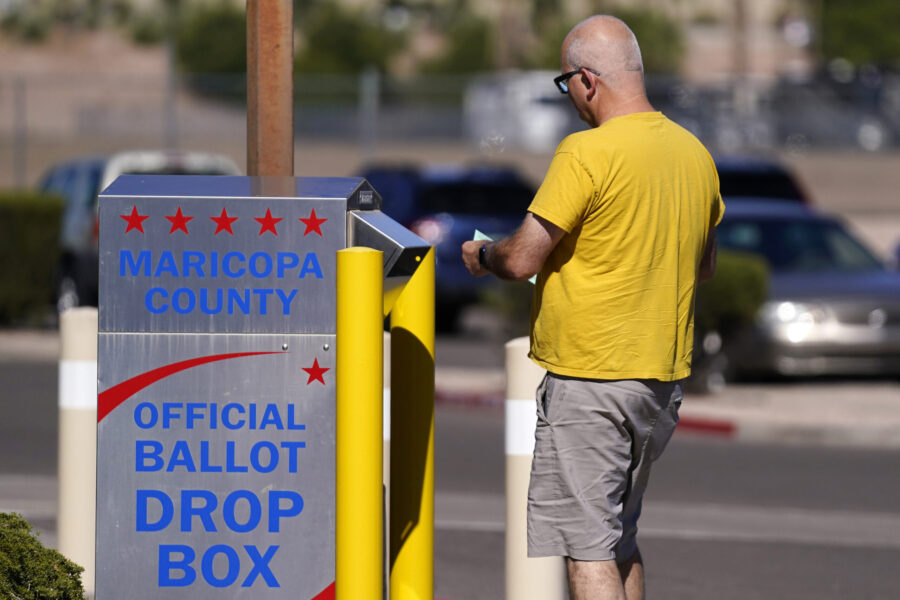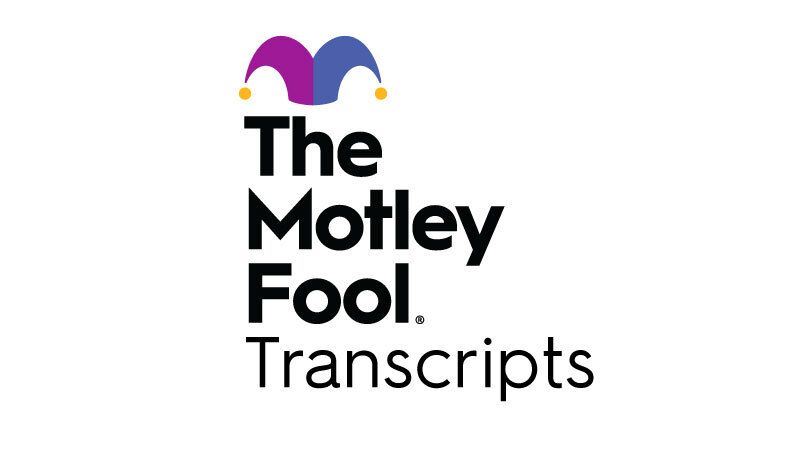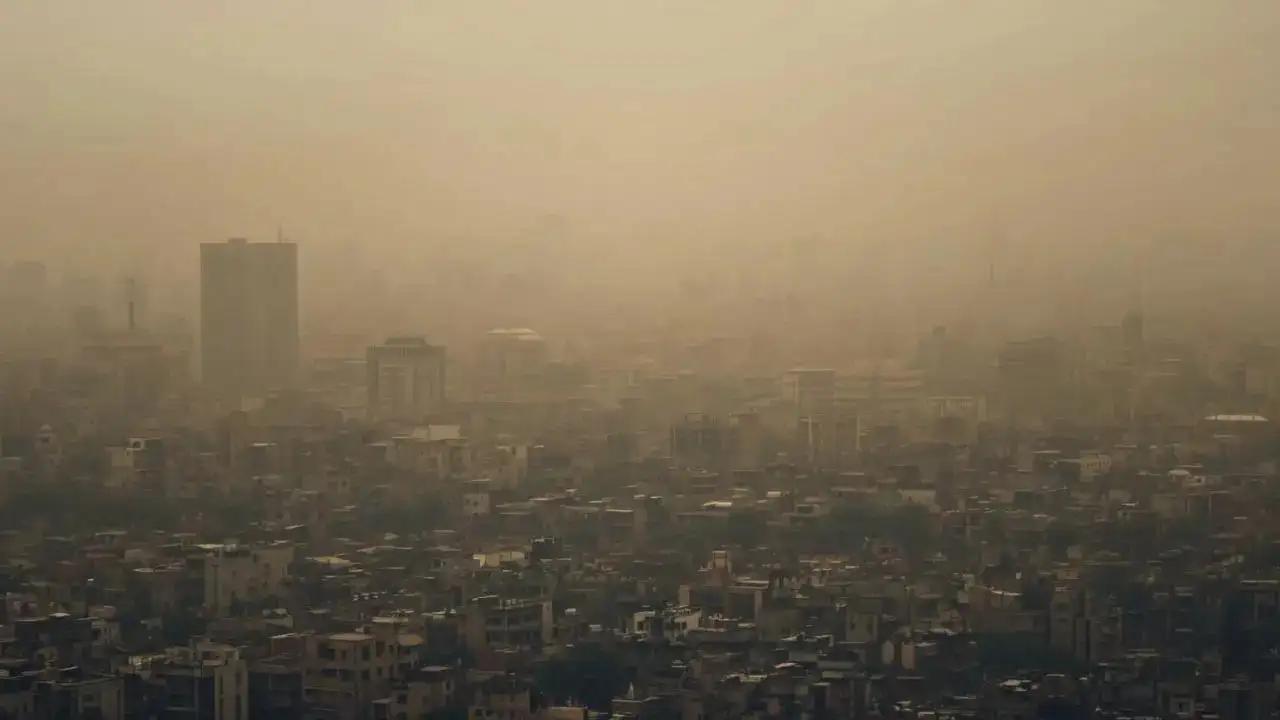Copyright mehrnews

The Hezbollah Resistance Movement in Lebanon is in one of the most complicated and sensitive periods of its political and military life. The current situation in Lebanon and the region is heavily influenced by geopolitical competitions and redesign of the security order in West Asia by the United States and the Zionist regime. In such circumstances, any immature reaction or decision can not only jeopardize the position of the Resistance Movement, but also the internal stability of Lebanon. In the recent months, the United States has tried to advance the “Resistance Disarmament Project” as part of the so-called “regional peace” plan using economic, political and media tools and through the Zionist regime as its military arm. However, Hezbollah has shown that by adopting a behavior based on wisdom and logical calculation, it is able to simultaneously safeguard the two fields of deterrence against a foreign enemy and avoid internal conflict. Graham Allison has proposed three different models to analyze the state actors' action, one of which is rational actor model. The rational actor model is defined by the rational choice theory. The rational choice theory talks about making decisions that maximizes personal advantage. This also includes the cost and benefit of wanting something. Intelligent deterrence against Israeli attacks Since the ceasefire reached between Lebanon and the Zionist regime, Tel Aviv has violated this agreement more than 4,000 times and has attacked Lebanese soil in the form of drone operations, air raids and targeted assassinations. The main goal of these actions is to provoke Hezbollah into a major reaction so that Israel can rely on it to justify a large-scale war. However, Hezbollah has not fallen into the trap of this scenario, contrary to Israel's expectations. This is what can be called "tactical restraint", a type of intelligent decision-making in which the resistance, while maintaining defensive readiness, does not allow the enemy to redefine the battlefield as it wishes. Secretary of Lebanon’s Hezbollah Resistance Movement Sheikh Naim Qassem has emphasized, “We are ready to defend, but we will not initiate war. If war is imposed on us, even if we have nothing but a plank of wood, we will not allow the enemy to pass.” These words express the main spirit of Hezbollah's behavior: maximum readiness for defense, coupled with a refusal to initiate conflict. Such an approach is a manifestation of rational decision-making at the level of a national actor. Disarmament and Internal Balance Project In addition to the external military threat, Hezbollah is facing increasing political pressure to disarm, pressure from the United States, Zionist regime, and some internal Lebanese currents. At the same time, the economic crisis, the collapse of banking system, and party disputes have made the internal situation fragile. In the meantime, any wrong action or reaction by Hezbollah Resistance Movement can be an excuse to create internal conflict. However, Hezbollah, relying on its historical legitimacy in the fight against the occupation and emphasizing that its weapons are "instruments of national defense," has tried to prevent this issue from turning into an internal crisis. This behavior shows that Hezbollah, while maintaining the principles of resistance, also has national responsibility on its agenda. In fact, the movement does not seek political dominance over Lebanon nor does it seek to eliminate competitors, but rather emphasizes maintaining the stability of the country and preventing social collapse. Decision-making theory in foreign policy and position of rational actor model To better understand Hezbollah’s behavior, it can be viewed from the perspective of foreign policy decision-making theories. Rather than focusing solely on the structure of the international system, these theories study the behavior of national actors and their leaders in the decision-making process. One of the most important of these approaches is the Rational Actor Model, first proposed by Graham Allison in his analysis of the Cuban Missile Crisis. According to this model, a state or political organization is considered as a “single actor” that, by calculating goals, options, and consequences, makes a decision that will have the greatest expected benefit. Main components of rational actor model Definition of Issue: The actor must correctly identify the nature of the crisis. Determining goals: Make it clear what benefits the decision-making seeks to achieve (survival, security, legitimacy, etc.) Presenting options: Identifying all possible ways to deal with the problem. Assessing the consequences: Examining the costs and benefits of each option in the short and long term. Rational choice: Choosing the option that results in the greatest utility and the least cost. In this model, it is assumed that decisionmakers have sufficient information and act based on calculation and prediction of consequences rather than emotional or ideological reactions. Hezbollah as a wise and logical actor If Hezbollah's behavior is interpreted within the framework of this model, it can be said that the Resistance Movement has made decisions based on rational and logical calculation in the recent months: Definition of Issue: Hezbollah considers the current crisis not simply as a series of border clashes, but as a concerted effort to weaken the Resistance Movement and destabilize Lebanon. Determining Goal: The main goal is to maintain deterrence against a foreign enemy while maintaining national stability and domestic legitimacy. Options: Among the various options of a strong reaction, complete silence, or strategic behavior, Hezbollah has chosen "strategic behavior." Assessing the consequences: This option has the lowest probability of spreading the war and the highest level of preserving national image. Final choice: The result is a policy of tactical restraint that combines deterrence with the avoidance of widespread conflict. In other words, Hezbollah Resistance Movement, as a national actor, has succeeded in establish a balance between national security, internal stability, and the strategic interests of the resistance, using the logic of rational decision-making. A difficult balance One of the most difficult aspects of decision-making for any ideological actor is to maintain a balance between idealistic beliefs and rational imperatives. As a movement deep rooted in the discourse of the Resistance, Hezbollah is forced to balance ideological principles (defending Al-Quds and confronting the occupation) with the real needs of the Lebanese people (security, economic stability, preventing war). The wise actor model suggests that Hezbollah, in the current circumstances, follows the logic of “maximum possible benefit”: neither passivity nor adventurism, but purposeful and limited action within the framework of national interests. This perspective represents a facet of political maturity in which the resistance is not seen simply as a military force, but as a responsible actor within the structure of the Lebanese nation-state. Hezbollah and multi-level crisis management Decision-making in such an environment is not simply reactive; it is a form of multi-level crisis management. Hezbollah must make decisions simultaneously at three levels: Military level: Responding to aggression without escalating the conflict. Internal political level: Preventing the escalation of internal polarization. Regional diplomatic level: Maintaining Lebanon's position in regional equations without becoming a factor of instability. At all three levels, Hezbollah's behavior supports rational decision-making. This behavior can also be interpreted from a game theory perspective, as Hezbollah acts in a similar situation to "rational actors with limited information": its actions are not based on emotions, but on anticipating the behavior of the other party and assessing risks. Hezbollah’s activism in the recent months has shown that rationality and resistance are not in conflict with each other; rather, they are intertwined. By adopting the model of a wise and logical actor, this movement has been able to make decisions in the tense atmosphere of the region that, while being deterrent, prevent all-out war. Hezbollah’s behavior can be considered a model of “smart resistance”: resistance that is neither passive nor adventurous, but rather relies on a precise understanding of the structure of threats and opportunities. In such a model, every military, political, or media action is considered part of a rational calculation for national survival, legitimacy, and stability. Ultimately, as decision-making theories emphasize, political wisdom becomes meaningful when, in conditions of uncertainty, the actor can choose the best possible option. Hezbollah in Lebanon today is an example of such rationality.



